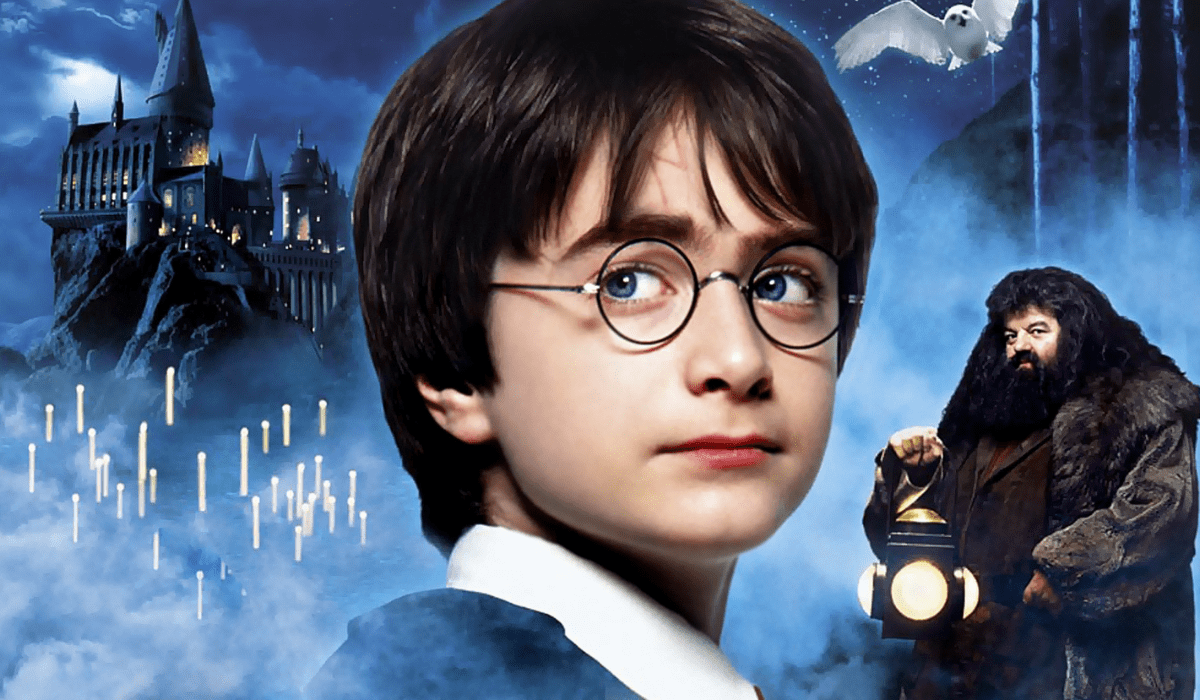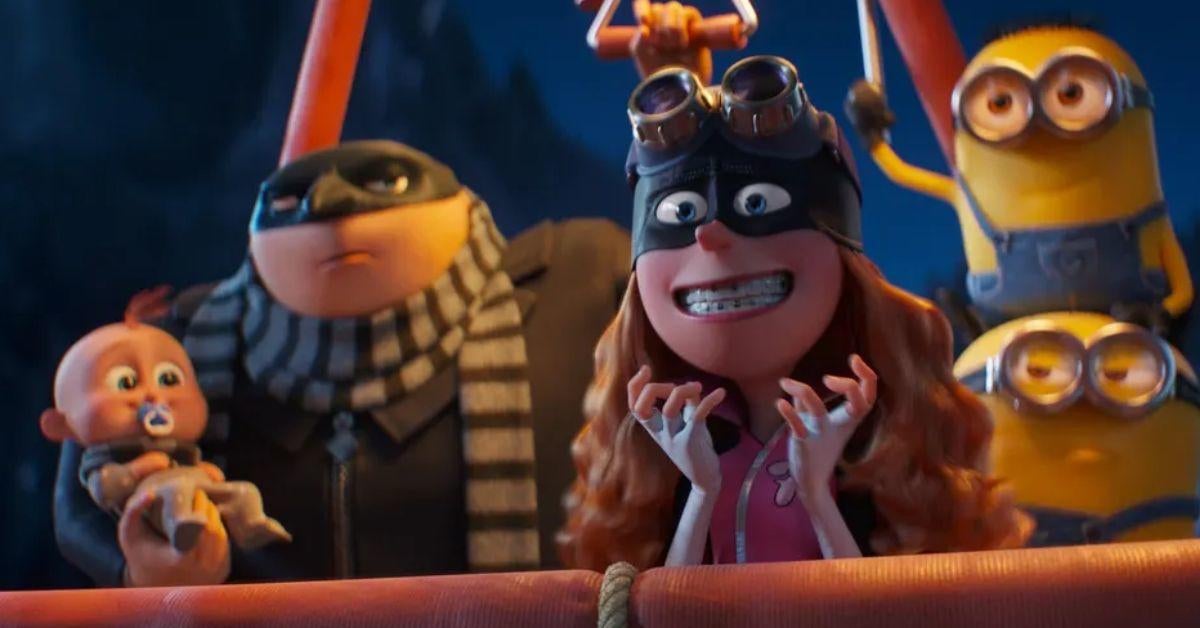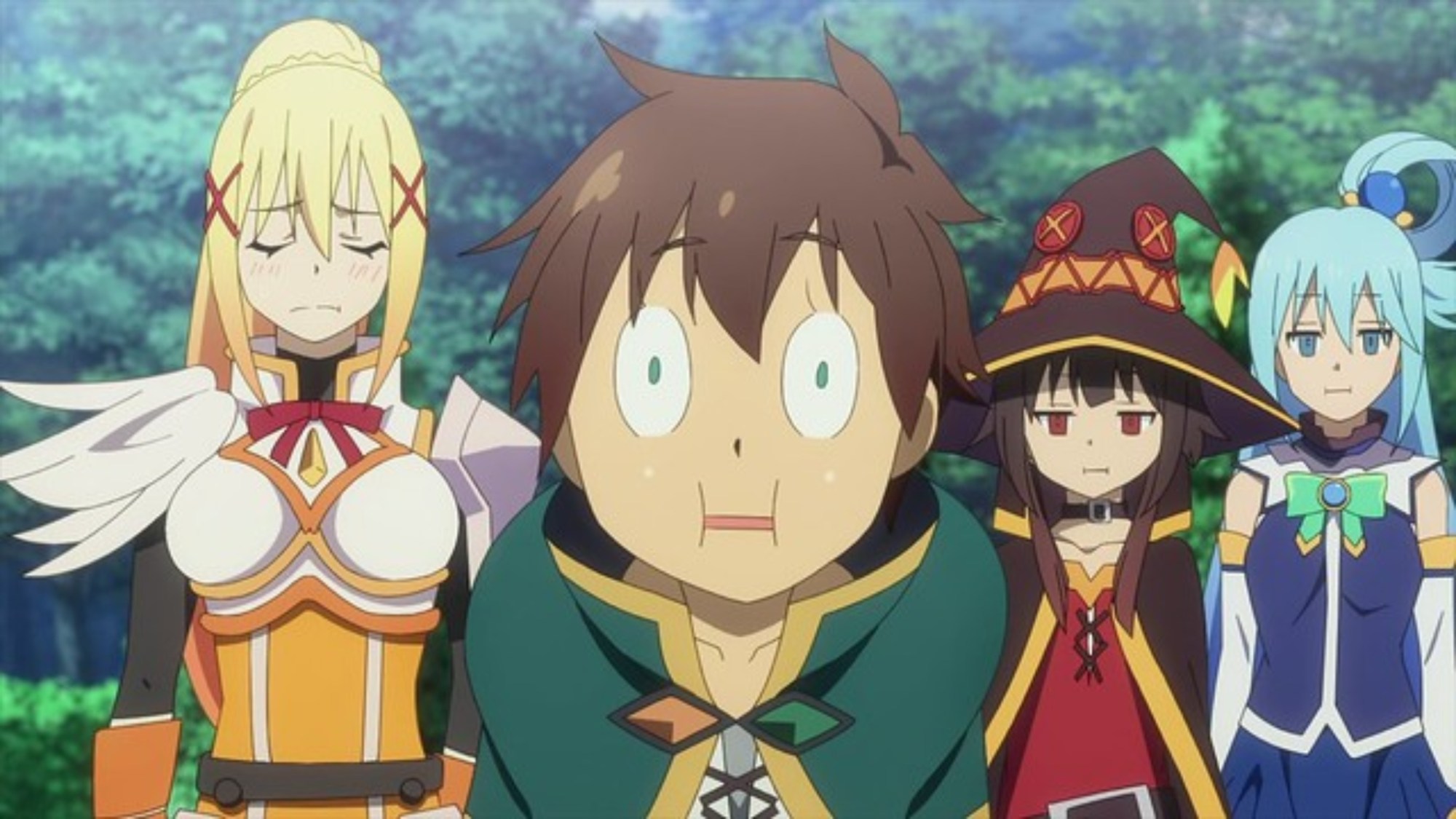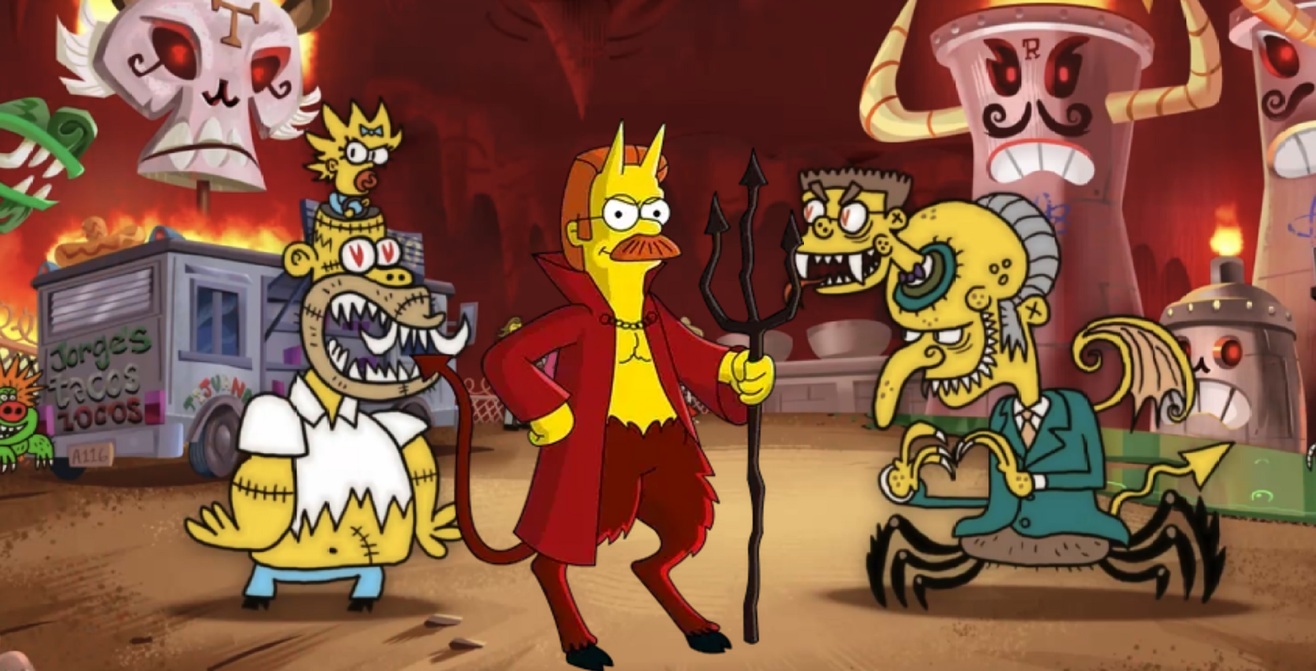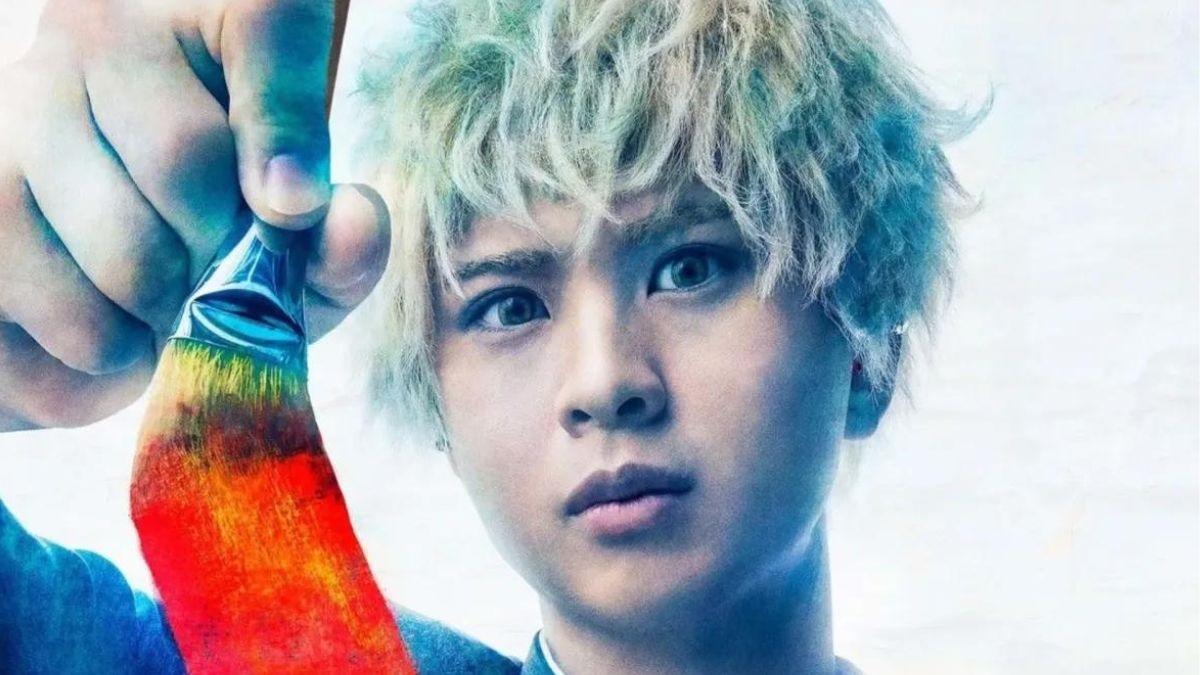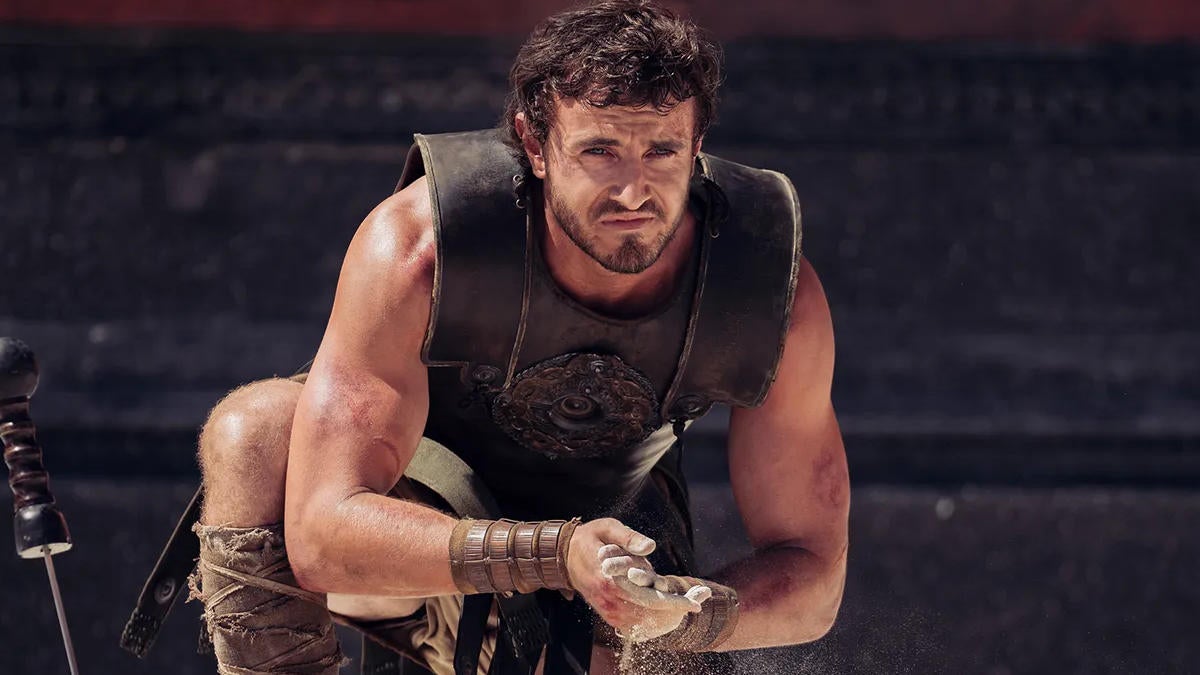Christmas is a really important time for many people, not just in real life, but also in fiction. In Harry Potter, for example, it’s even more important, since a scene on December 25th lays the foundation for the entire franchise. Anyone who’s a fan knows that certain items are key within the world of the series, from wands and broomsticks to more specific ones like The Marauder’s Map and the Mirror of Erised. The meaning and importance of these objects are what makes the universe magical, but when it comes to the Deathly Hallows, we’re basically talking about the heart of the story. One of them was introduced in Harry Potter and the Sorcerer’s Stone.
Videos by ComicBook.com
In the first film, Harry is with his best friend Ron Weasley on Christmas morning when he realizes that he’s received presents for the first time in his life. Among those presents is the Cloak of Invisibility. The big issue is that the explanation about it is very vague in the film series, and it only earns an explanation in the last movies, even though readers have known about it for a long time in the book. The artifact is incredibly important and becomes central to the plot, and this change also significantly alters Dumbledore’s story.
Why Is the Christmas Scene in Harry Potter and the Sorcerer’s Stone so Important?

In Harry Potter, legend has it that the person who unites the three most powerful objects – the Elder Wand, the Resurrection Stone, and the Cloak of Invisibility – becomes the true master of death. It’s fascinating that Harry has had one of these objects since the first movie, but even more intriguing is the fact that Albus Dumbledore is the one responsible for it. The identity of the sender remains a mystery throughout the whole film series, only revealed in the books. It is only in this way that we also grasp how significant the cloak is to Dumbledore. But the real question is: why did he have it in the first place?
It’s unclear whether this was a deliberate strategy to not specify this issue. Fans only get a vague explanation of the importance of the Cloak of Invisibility when the Horcrux inside Harry is destroyed and he “dies” in Harry Potter and the Deathly Hallows: Part 2. Dumbledore explains it to him at that moment. However, it only becomes clear to the readers that it all ties back to Dumbledore’s obsession.
In the novel, we discover that he and Gellert Grindelwald were captivated by the Deathly Hallows and spent a portion of their lives searching for them. Their bond eventually fractured over ego, leading to the tragic death of Dumbledore’s sister, Ariana. While the obsession seemed to fade with this tragedy, it reignited when Dumbledore learned that James Potter, Harry’s father, had the Cloak of Invisibility.
[RELATED: Harry Potter Movies Returning to Theaters in 2025 With New Surprise]
Dumbledore had the other two Deathly Hallows, so how did he come to possess the last one and ultimately give it to the boy? The answer lies in the fact that James was a descendant of Ignotus Peverell, one of the original creators of these three powerful artifacts. The Cloak of Invisbility had been passed down through generations in the Peverell family, but before James died, he lent it to Dumbledore (considering that, in theory, it was just a cloak with no value). The headmaster, having learned about the cloak’s connection to the Deathly Hallows, was eager to examine it when he realized it could be the final item he had been searching for throughout his life.
In the end, Dumbledore’s decision to give Harry the Cloak of Invisiblity is not only beautiful because Harry is the rightful heir to it, but also really significant because it’s a way for Dumbledore to overcome his obsession. Plus, the Hogwarts headmaster’s personal history has always been tied to the Deathly Hallows plot, and when he makes this move, even if it’s late in his life, it’s when he finally understands the true power of the cloak. For him and Grindelwald, it was always just an extra thing, because the legend said one needed all three powerful objects. But Dumbledore, as a figure of wisdom, does what’s right, and in doing so, he realizes he was never worthy of uniting the relics. He understands that it would be up to someone else – Harry.
The Importance of the Cloak of Invisibility for Harry Potter

The power of the Cloak of Invisibility was revealed in detail by Xenophilius Lovegood in Harry Potter and the Deathly Hallows: Part 1, when he tries to impress the Golden Trio.
“I mean to say, it is not a traveling cloak imbued with a Disillusionment Charm, or carrying a Bedazzling Hex, or else woven from Demiguise hair, which will hide one initially but fade with the years until it turns opaque,” he explains. “We are talking about a cloak that really and truly renders the wearer completely invisible, and endures eternally, giving constant and impenetrable concealment, no matter what spells are cast at it.”
The cloak is used for all sorts of moments in Harry’s life, whether it’s to listen to people talking behind closed doors or getting up to mischief. However, it truly saves him during key moments.
In Harry Potter and the Chamber of Secrets, the cloak is used to keep Harry and Ron invisible in Hagrid’s hut when Cornelius Fudge arrives to take Hagrid to Azkaban. In Harry Potter and the Goblet of Fire, Harry uses it again to remain undetected while inspecting the first task of the Triwizard Tournament, ensuring he doesn’t risk doing anything he shouldn’t. In Harry Potter and the Deathly Hallows: Part 2, Harry, along with Ron and Hermione, must break into Bellatrix Lestrange’s vault at Gringotts, and Harry uses the cloak to sneak in without being seen. This moment is especially crucial to the plot, as it ultimately leads them to uncovering Voldemort’s horcruxes.
The fact is, of all the Deathly Hallows, the Cloak of Invisbility is the only one that carries significant importance solely because of Dumbledore’s actions. The Harry Potter universe has always been about altruism, courage, friendship, and, above all, love as the central power – after all, it’s love that saves Harry from the very beginning when Voldemort kills his parents. To bring this focus into a Christmas scene couldn’t be more symbolic.
